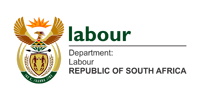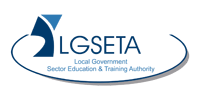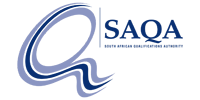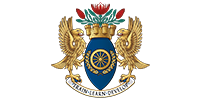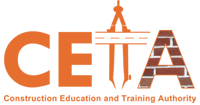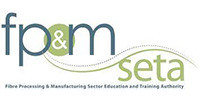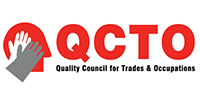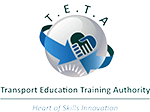Injuries and medical emergencies can happen at any time and, often, injuries can be exacerbated when someone who has not received first aid training tries to rush to the rescue. If you have not received first aid training, it is important to not touch the injured individual so as not to worsen the injury. Instead, call someone who has received first aid training or medical services.
According to South African law, there must be an employee trained in first aid if a workplace has ten or more employees. If it is a large company, there must be one employee trained in first aid for every 50 employees. Therefore, it is important that South African companies ensure their staff undergo training with an accredited health and safety training company such as EMCARE.
A first aid certificate is valid for three years, so it is also important to undergo a refresher course once the certificate is close to expiring. Keep reading to learn a little more about the importance of first aid and refresher courses to keep your skills up to date.
The Types Of First Aid Training Available
EMCARE offers a number of first aid courses, ranging from basic first aid to level 3 training. The courses and training include:
Basic First Aid Training/ First Aid Refresher (FAR) Course
EMCARE’s basic first aid training course is an entry-level programme that needs only one day to complete and is valid for three years. The course covers a number of important first aid topics, including ethics and legal implications, emergency scene management, and how to handle spinal injuries, burn management and bleeding, among others.
The basic first aid course is usually presented to groups of 10 people or larger and aims to help the learners feel confident in their ability to manage basic wound and injury care. If your first aid certificate is nearing expiration, it is recommended to complete a refresher course with EMCARE. The refresher course goes over all the teachings and topics of the basic first aid course and extends the validity of the certificate by another three years.
The only prerequisite for partaking in the basic first aid or refresher courses is being proficient in reading and writing in English. Large groups of 10+ learners can be taught by local language instructors upon request. The course includes learner manuals, training equipment, and A4 certificates upon completion.

First Aid Level 1 Course (FA1)
The level 1 first aid course is presented to learners by registered healthcare professionals and covers theoretical knowledge to aid in the competent performance of practical skills. Learners are taught the basics of first aid in this course, as well as how to apply the skills they will learn to real-life situations and emergencies.
The level 1 course is the starting point of the three levels of first aid training and is the minimum requirement to be met by companies when being inspected by bodies such as the Department of Labour. The course focuses on skills such as artificial respiration, head and spinal injuries, shock and unconsciousness, and more.
The course includes learner manuals, training equipment and A4 certificates upon completion, and is three days long.
First Aid Level 2 Course (FA2)
The level 2 course is taught at an intermediate level, and ensures learners are equipped with extensive knowledge on both emergency and patient care. The programme goes into detail about the treatment of pediatric patients and systematic approaches to first aid.
Topics covered during the course include poisonings, stings and bites, child and infant CPR, and chest and eye injuries, among others. Learners can expect to set aside three days for this programme, and will require an FA1 certificate to be approved for this course. The course is three days long.
First Aid Level 3 Course (FA3)
This is considered an advanced course, and is best suited to those with hazardous occupations, are team leaders or live and work in areas without easy access to healthcare services.
The level 3 course includes written tests and practical exams, as well as practical demonstrations and exercises. The topics covered in this programme include emergency childbirth, water-related emergencies, and emergency oxygen therapy among others. Learners will revise first aid content from course levels 1 and 2 and can choose between four different certifications.
How First Aid Can Help Deal With Injuries In The Workplace
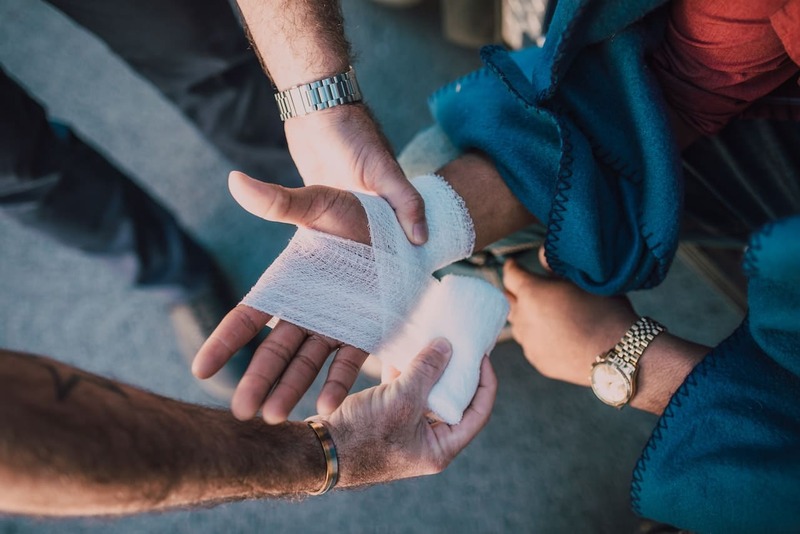
There are a number of benefits to having first aid training, especially within the workplace. Accidents can happen at any time, and anywhere, so ensuring staff are trained to handle medical emergencies increases overall workplace safety and minimises health risks to other employees.
During emergencies, acting quickly can be the determining factor in reducing recovery time. Employees who receive first aid training are prepared to act swiftly and understand the best way to deal with the medical emergency at hand. Finally, staff who are trained in first aid are able to make positive safety contributions to the workplace. They are able to point out health and safety hazards, helping employers take action to reduce harm-risk within the workplace, and increasing employees’ feelings of safety and security.
The Individual Benefits Of First Aid

Having knowledge of first aid training is beneficial even outside of the workplace. If someone is injured at home, the knowledge on how to deal with medical emergencies will prove invaluable. Not only will you be able to provide comfort until professional healthcare services arrive, but your first aid training will also allow you to keep the situation calm. Often acting in panic can exacerbate injuries and this can lead to longer recovery time, or even permanent disability.
Even if most of us don’t want to think of the worst possible outcome in a medical emergency, prior training can help you prepare and even prevent such a situation. Using the knowledge from training can help you identify potential safety hazards, and so you can work proactively to reduce these hazards, increasing overall safety in the home.
More About EMCARE’s First Aid Courses
EMCARE has specialised in health and safety training since 1997. Our services encompass a wide variety of safety training, ranging from fire and rescue programmes to HIV awareness and hand tool operation courses. Feel free to contact us on 0861 362 273, from Monday to Friday between 8am and 4pm, and we will offer advice on which training you need and what the prerequisites are.


